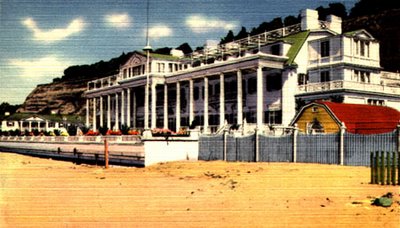
At the height of the Roaring '20s, newspaper baron William Randolph Hearst built an extravagant house on five beachfront acres in Santa Monica for his blond mistress, actress Marion Davies. It was the grandest manse at the shore, dwarfing the residences of such Hollywood nobility as Louis B. Mayer, Samuel and Frances Goldwyn, Irving Thalberg and Norma Shearer, Harold and Mildred Lloyd, and Douglas Fairbanks and Mary Pickford.
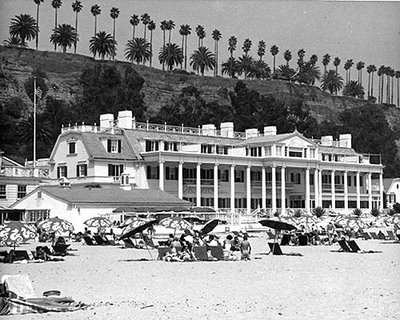
Davies, a silent film star, and Hearst entertained assiduously. Their elaborate costume parties drew the likes of Clark Gable, Carole Lombard, Cary Grant, Gloria Swanson and Howard Hughes, who donned lederhosen for a Tyrolean bash. Charlie Chaplin, rumored to have been Davies' lover, cavorted with her in the 110-foot saltwater swimming pool, lined with Italian marble and spanned by a Venetian marble bridge.

The three-story, Georgian Revival main house, completed in 1928, was U-shaped, with 18 Grecian columns across the back. Davies and Hearst had separate suites connected by a hidden door. Four other houses were occupied by Davies' family, long-term guests and more than 30 full-time servants. Altogether, the complex included 110 bedrooms and 55 bathrooms. As at his sumptuous San Simeon castle on California's Central Coast, Hearst had purchased entire rooms from European locations and had them reassembled in the beach house. He transplanted paneling from Burton Hall in Ireland, a ballroom from a 1750 Venetian palazzo and a 1560 tavern from an inn in Surrey, England. Seventy-five wood carvers worked for a year to complete the balustrades of the main dual staircases.

By the time the mansion was completed, according to "Marion Davies," Fred Lawrence Guiles' 1972 biography, it had cost $7 million — $3 million for construction and $4 million for furnishings and artworks. That would be $83 million today. The interior was palatial, with immense Oriental rugs, Tiffany crystal chandeliers, a room finished in gold leaf and 37 fireplaces.
On special occasions like Hearst's birthday, huge canvas tents were erected to accommodate as many as 2,000 guests. In 1937, partygoers dressed as circus performers (including a bearded Bette Davis) and rode a merry-go-round borrowed from Warner Bros. To make room for it, Hearst ordered a wall torn down and then put back.
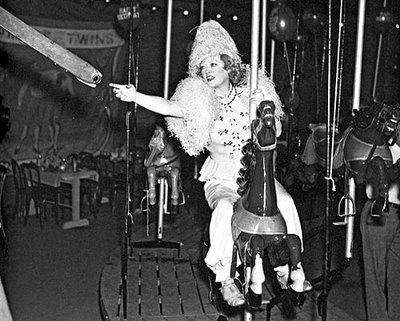
In 1945, Davies sold the beach compound and in 1957 the main house was demolished. The state bought the land in 1959 and leased it to the city of Santa Monica, which in turn leased it to the private Sand & Sea Club from 1960 to 1990. The city subsequently operated a day-use beach facility there.
The 1994 Northridge earthquake sent a brick chimney crashing through the roof of the North House. All buildings in the complex were red-tagged. Since then, the site has slowly deteriorated for lack of funds. The North House's windows have been boarded over, as have the historic pool and its whimsical fish tiles. Weeds have sprouted through cracks in the pavement. Railings have rusted and wooden beams stand rotting.
For years, government officials and community activists have worked on a plan to transform the site into a public beach club. For a modest day-use fee, anyone would be able to enjoy the swimming pool where Chaplin and other stars splashed, a sun deck with lounge chairs, volleyball and paddle tennis courts, event rooms, a children's play area and picnic tables. Wallis Annenberg, the TV Guide heiress and philanthropist, has committed nearly $28 million for the project from the Annenberg Foundation. She recalls as a young woman spending glorious summer days at the Sand & Sea Club, where many of the members, like her, were Jewish. Other private clubs tended to exclude Jews. Annenberg said. "It was important to me that this be a lovely fun place for the public to enjoy."
(Excerpts from an article by Martha Groves)




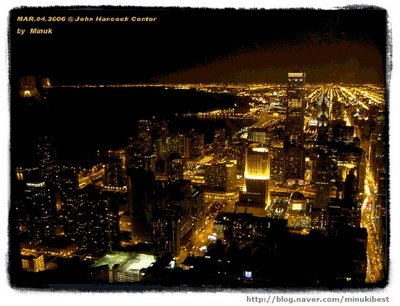


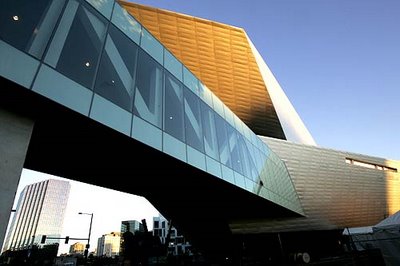
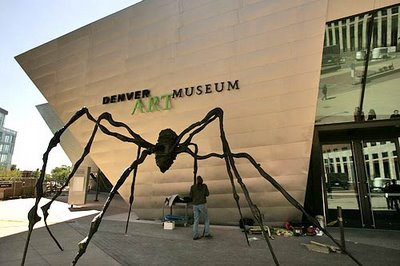
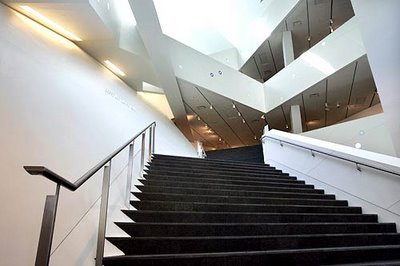
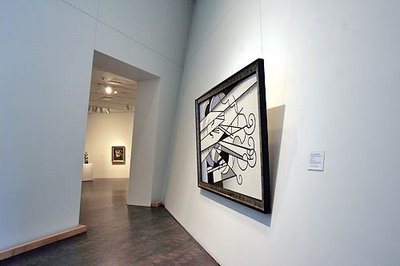
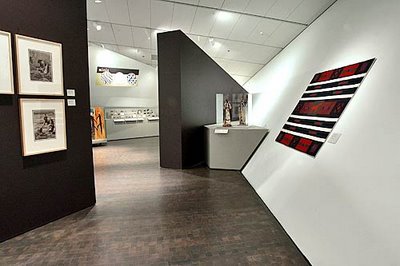























 Earlier this week a South Australian betting agency accepted a bet on a horse that died more than two weeks earlier.
Earlier this week a South Australian betting agency accepted a bet on a horse that died more than two weeks earlier.












